Neuroscience
-
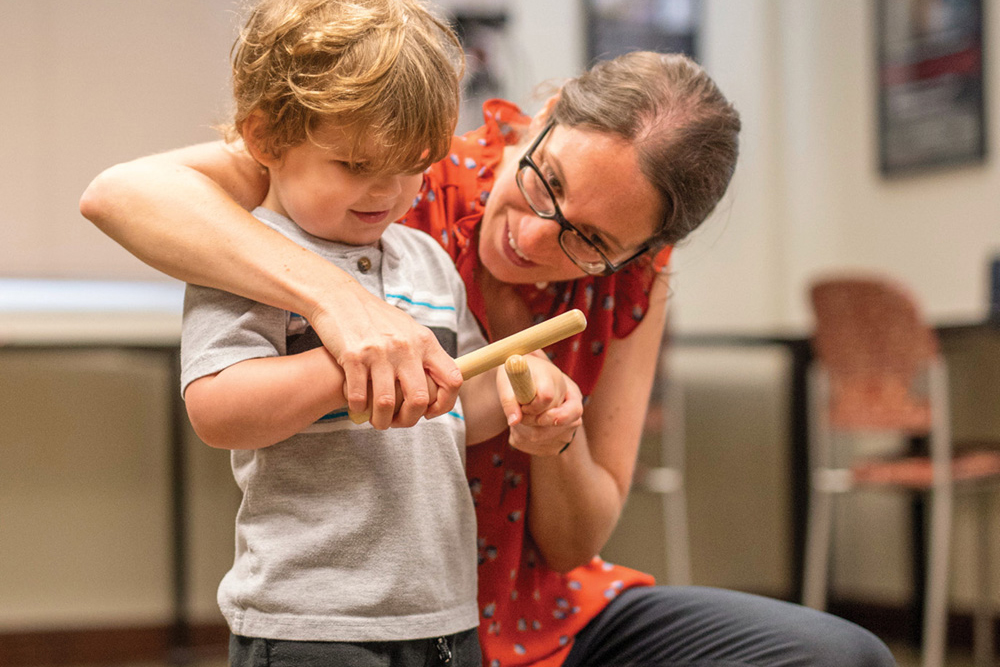
Mental Notes: Music Cognition Lab is dedicated to the scientific study of how music affects the brain and behavior
The past decade in particular has been marked by a dramatic increase in music cognition inquiry, as about 100 laboratory groups around the world, including at Vanderbilt, are working across disciplines to understand music’s relationship to the brain, behavior and health, and to develop effective intervention strategies. Read MoreAug 5, 2020
-

What leads to compulsive alcohol use? With new experiments into binge drinking, researchers are finally getting answers
New study from neuroscientists at Vanderbilt provides initial answers to long-standing scientific questions on what causes the transition from moderate to compulsive alcohol consumption – and what makes some drinkers particularly vulnerable to developing alcohol use disorders. Read MoreNov 22, 2019
-

Microscopic spines connect worm neurons
Worm neurons have microscopic “spines” — where nerve-to-nerve communication happens — that share features with mammalian neurons, supporting the use of worms to study spine genetics and biology. Read MoreOct 17, 2019
-

ORAU award supports BME professor’s work on whole brain statistical modeling
Mika Rubinov, whose research involves building statistical models of whole brain data sets, has received a competitive research grant from Oak Ridge Associated Universities. Read MoreAug 26, 2019
-

Perivascular spaces linked to worse cognition
Commonly thought to be harmless, enlargement of fluid-filled in the brain have been linked to cognitive problems in older adults. Read MoreMar 21, 2019
-

Using a mapping technique to reassess prior Alzheimer’s studies finds ‘powerful,’ improved reproducibility
A neural mapping approach that pegs results from more than two dozen previous Alzheimer’s studies found that reproducibility improves when trying to isolate symptoms to a brain network rather than a single area of the brain. Read MoreDec 19, 2018
-
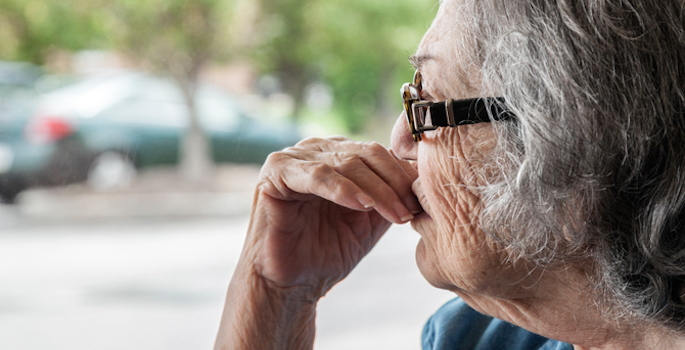
Probing the pathology of impaired cognition
A new link between a support protein within the brain's white matter and known Alzheimer's biomarkers discovered by Angela Jefferson and colleagues bring researchers a step toward earlier and more precise detection of neuropathology underlying cognitive impairment that may lead to new targeted therapies Read MoreOct 26, 2018
-
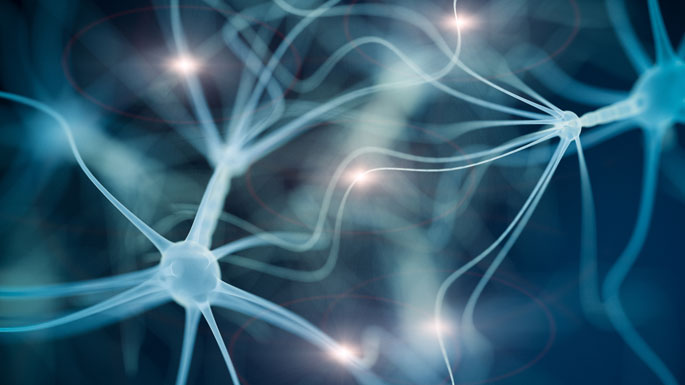
Enzyme helps build motor that drives neuron death
The process, discovered in the axons of neurons, is implicated in Alzheimer’s, amyotrophic lateral sclerosis, traumatic brain injury and other diseases or injuries to the nervous system. Read MoreAug 6, 2018
-
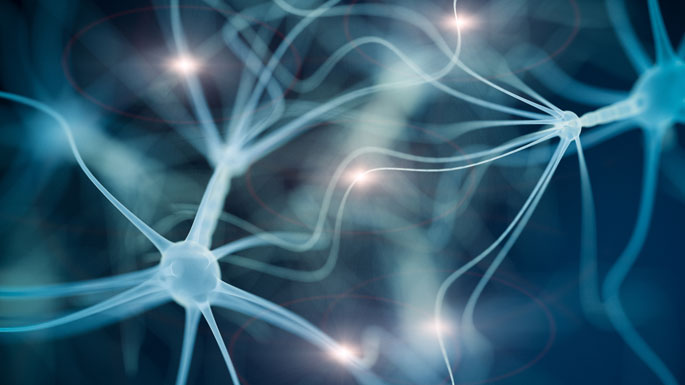
Vanderbilt signs licensing, research agreements to develop new approach to schizophrenia treatment
Under the terms of the licensing agreement, Lundbeck has exclusively licensed rights to compounds developed at Vanderbilt that act on a receptor in the brain that has been implicated in schizophrenia. Read MoreJan 8, 2018
-

Sorry, Grumpy Cat—Study finds dogs are brainier than cats
The first study to actually count the number of cortical neurons in the brains of a number of carnivores, including cats and dogs, has found that dogs possess significantly more of them than cats. Read MoreNov 29, 2017
-
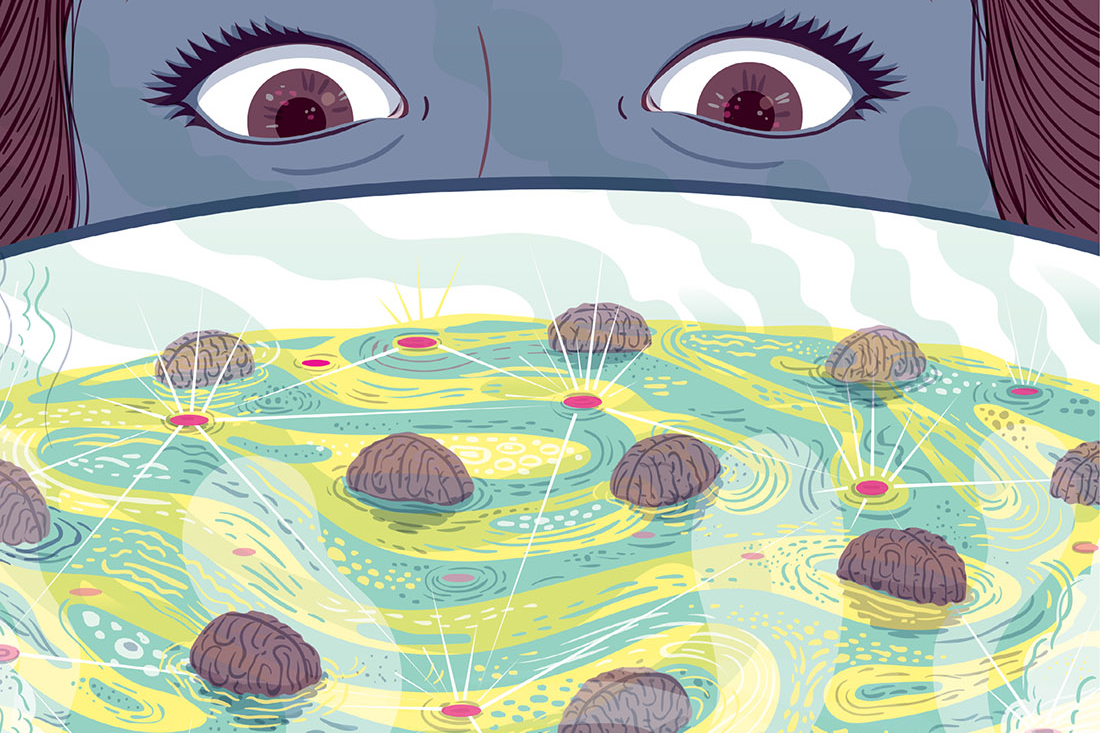
Brainiac: With her innovative ‘brain soup,’ Suzana Herculano-Houzel is changing neuroscience one species at a time
When she finally applied her "brain soup" technique to the human brain, Herculano-Houzel discovered we have an average of 86 billion neurons. Surprisingly, though, the neuron density is the same as in other primates, showing a clear evolutionary pattern from monkeys to humans. “We somehow manage to have this large brain with a large number of neurons; but it’s still just a regular primate brain,” says Herculano-Houzel. Read MoreSep 7, 2017
-

New research on Fragile X syndrome reinforces importance of early detection
New insights into the long-lasting effects of Fragile X syndrome on connections in the brain during early development highlight the importance of early detection and treatment. Read MoreAug 25, 2017
-

Neuroscientists can measure criminal intent – at least in the moment
Intent to commit a crime is a crucial factor in determining prison sentences. A new neuro study suggests it is possible to measure subtle variations in intent while a crime is being committed. Read MoreMar 13, 2017
-
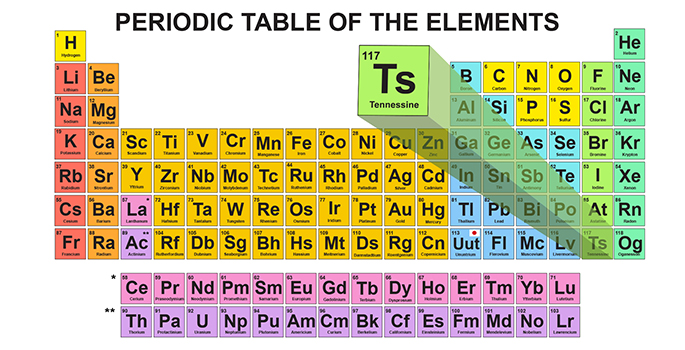
Research that ruled in 2016: Readers’ favorite stories
Artificial kidneys, gay-straight alliances and junkyard batteries captured readers' attention in 2016. Read MoreDec 16, 2016
-
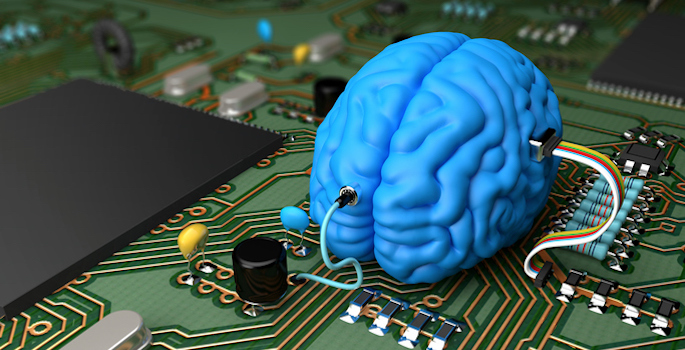
Blood-brain barrier on a chip sheds new light on “silent killer”
A new microfluidic device containing human cells that faithfully mimics the behavior of the blood-brain barrier is providing new insights into brain inflammation, the silent killer. Read MoreDec 6, 2016
-

Finally, a type of face that men recognize better than women
A study finds men are better at recognizing Transformer faces while women are better at recognizing Barbie faces, supporting the theory that we're more likely to recognize what we're used to seeing. Read MoreNov 16, 2016
-
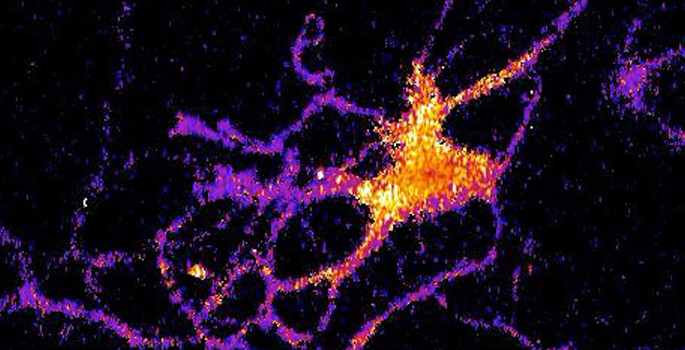
Bioluminescent sensor causes brain cells to glow in the dark
A team of Vanderbilt scientists have genetically modified luciferase, the enzyme that produces bioluminescence, so that it acts as an optical sensor that records activity in brain cells. Read MoreOct 27, 2016
-

Today’s self-taught typists almost as fast as touch typists – as long as they can see the keyboard
Sometimes you can't improve on a classic method: Touch typing is still the fastest. Read MoreOct 18, 2016
-

Total number of neurons—not enlarged prefrontal region—hallmark of human brain
Research by Associate Professor of Psychology Suzana Herculano-Houzel finds that human intelligence comes from the number of neurons in our brains—and it was the invention of cooking that made neuron development possible. Read MoreAug 9, 2016
-
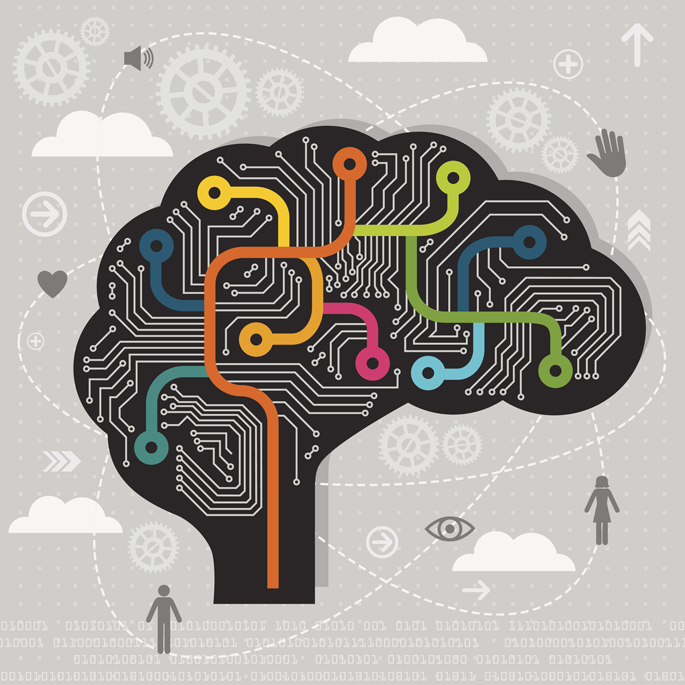
Refining neural circuitry
During development, neural circuits are remodeled – some synapses are eliminated and others are strengthened – to produce a mature, functional nervous system. Read MoreAug 2, 2016